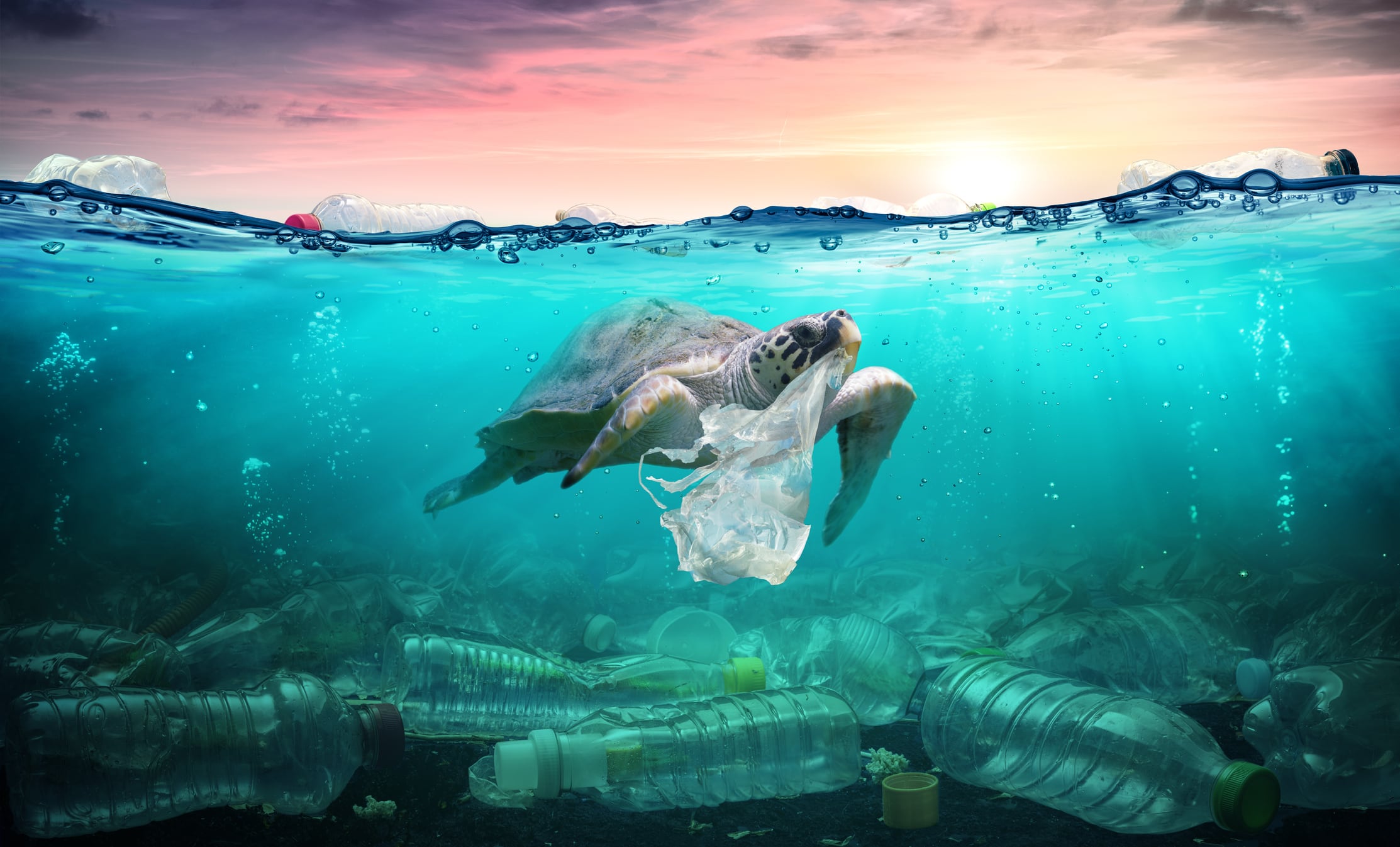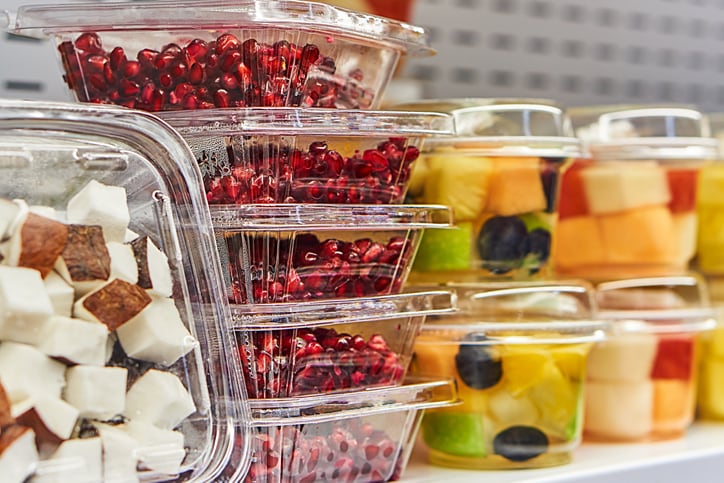FMCGs and grocery retailers are responsible for the bulk of single-use plastics on the market, but “fail to recognise, report and act” on the risks of plastic packaging, a new report by the group claimed.
This puts them at risk of legal action, and their shareholders in line for financial losses, the charity added.
Client Earth plastics lawyer and report author Rosa Pritchard said: “The time is up for single-use plastics but Big Food is burying its head in the sand. A slew of stricter laws on single-use plastics are rapidly making our continued reliance on plastic packaging untenable, and consumers are turning their back on single-use plastic culture.
“Yet the companies behind many of our household brands are treating the plastics crisis as a PR problem, rather than a serious and escalating business risk.
“Big Food is facing major financial headwinds and yet many are not disclosing the looming financial impacts of their reliance on plastic to investors – something they are legally required to do. This omission puts them at risk of legal action.”
The report accused supermarket chains of treating the issue as a “PR problem” rather than a “serious source of risk to their business”. It urged investors, asset managers and financial advisors to engage with Big Food and push for greater transparency, more ambitious targets and more effective policies from Big Food on plastics – to protect their holdings and ensure compliance with their own legal obligations.
Whose problem is it anyway?
Pritchard told FoodNavigator food manufacturers have an important role to play to reduce their contribution to the plastics crisis. “To reduce excessive and unnecessary packaging, food manufacturers should start investing in circular solutions, such as refillable and reusable packaging, favour materials that are recyclable by design and support ambitious policies e.g. for deposit return schemes.”
The wide use of food packaging is a relatively recent phenomena in historical terms, she added.
“Food manufacturers should be designing packaging fit for the systems they operate in and the challenges we are faced with as a society. They also can’t afford to ignore people's concerns about the toll plastics takes on the environment.” She added: “The food industry has a responsibility when it comes to packaging its products.”
Food companies, she said, should focus their efforts on reducing the use of plastic in packaging, not on discovering new materials.
“Food companies should reduce the amount of plastic they use, eliminate excessive and unnecessary packaging and shift to circular models,” we were told. “The materials that have been ‘discovered’ to date are no simple swap in solution. For example, some materials are deemed ‘compostable’ despite the lack of widely available infrastructure to compost them. Similarly, ‘biodegradables’ only degrade in specific conditions not widely available in the natural environment. Alternative single-use materials such as paper come with their own environmental burden. These are a distraction from the real task at hand which is to shift away from single-use in order to implement circular models.”
But does reducing plastic in packaging risk exacerbating the environmental problems of food waste? Pointing to studies that have shown that the rise in use of plastic packaging has not reduced levels of food waste, but has grown alongside it, she claimed there are complex reasons why food waste occurs. “Packaging is not always used to preserve the life of food, and in some cases, drives food waste by encouraging people to buy more than they need.”
What about recycling infrastructure challenges?
Recycling, she added, is no panacea, which is why companies should integrate recycling targets into their plastics policies, but not limit themselves to this. “Plastics cannot be infinitely recycled, the toxicity of recycled plastics for food applications is of concern, plus the infrastructure challenges mean that just because it is recyclable in theory, it is not always in practice.”





